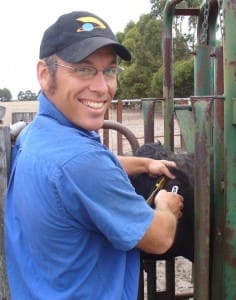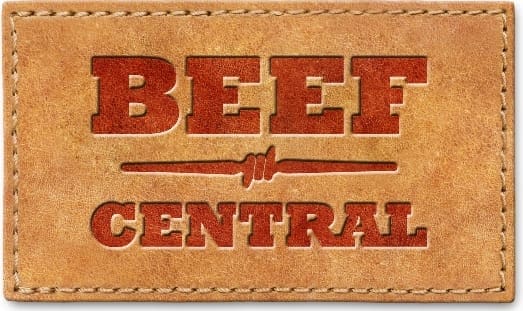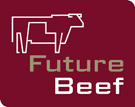WITH the current dramatic turnaround in seasonal fortunes across large parts of northern and Eastern Australia, restocking activity is gaining momentum.
As producers begin to restock, they are at significant risk of either bringing BVDV (pestivirus) home, or of buying-in naïve animals into an already-infected herd.
Meat & Livestock Australia’s conservative estimate of the cost of BVDV to Australia’s Northern and Southern Beef industries is more than $100 million each year.

Dr Enoch Bergman
With the pressures of poor rainfall and poor prices no longer distracting producers, many are now taking the time to address endemic disease, biosecurity and welfare issues within their own production systems.
In a webinar being hosted later today (see details below), respected WA cattle vet and pestivirus disease expert Dr Enoch Bergman will step producers, vets and other stakeholders through a logical process of defining and managing their BVDV status, and moderating risk in incoming restocker or agistment animals in a cost-effective manner.
“One of the issues with pesti is that producers often do not realise that it is whittling away at their profit margins,” Dr Bergman said.
However when restocking is occurring, as it is now, or when management groups of differing pestivirus status are brought together for different reasons, it can produce some serious fertility performance outcomes, Dr Bergman said.
“It’s through events like that that producers really start to appreciate the need for pesti management,” he said.
Dr Bergman said the starting point during restocking was gaining an understanding of disease status within the existing management groups on the property.
“If they don’t know their own herd’s status, they don’t know whether they are going to be introducing pesti into a clean herd, or alternatively, introducing animals via restocking that have never been exposed to BVDV, into a herd that is endemically infected. Either can be very damaging,” he said.
For starters, every producer should work with their veterinarian to work out their herd status. It’s not expensive, using blood testing and serology, essentially testing just a portion of each management group.
Dr Bergman warned that the usual practice with restocking was to introduce young cattle, which are statistically the highest risk of being Persistently Infected pestivirus carriers – because such PIs tend to die out over time.
New ACV disease control guidelines
The webinar will also include discussion about the Australian Cattle Veterinarians’ (ACV) new set of guidelines outlining strategies for the cost-effective control of pesti.
The guidelines were initiated at the request of the Australian Registered Cattle Breeders’ Association and are designed to assist ACV vets in providing advice to their individual clients for the benefit of both the Australian beef industries. The guidelines were constructed, reviewed, and edited over the past three years and was released to Cattle Vets members earlier in the year.
Registering to participate
Join us for this information-packed one-hour webinar, including Q&A session today – Thursday, September 29, from 4pm AEST.
Click here to register.
After registering, you will receive a confirmation email containing information about joining the webinar. Click this link to register:
To view system requirements, click here.
A confirmation email with information on how to join the webinar on the day will be sent to you after registration.
This is a BeefConnect event, brought to you through a partnership between FutureBeef and Beef Central.


